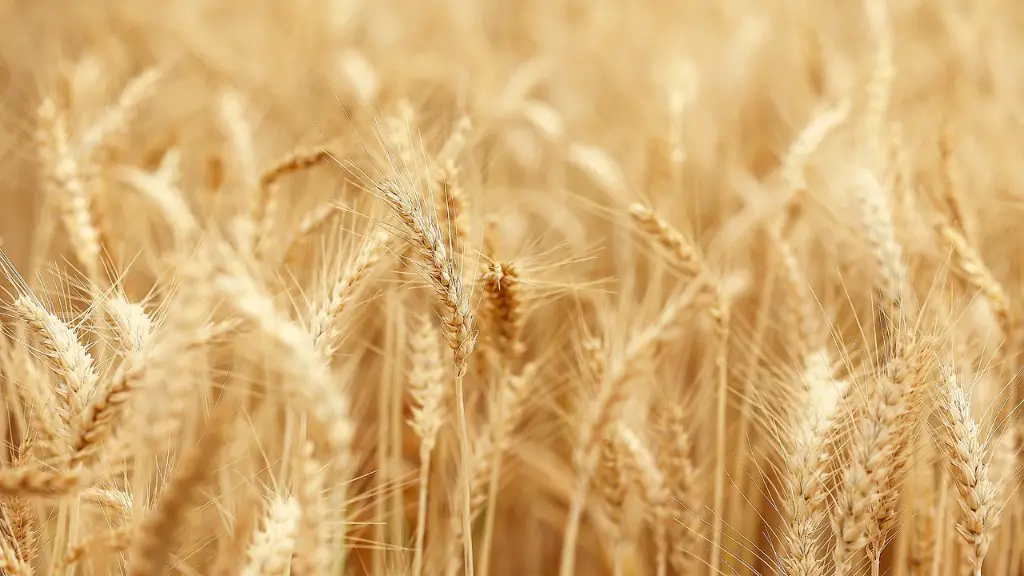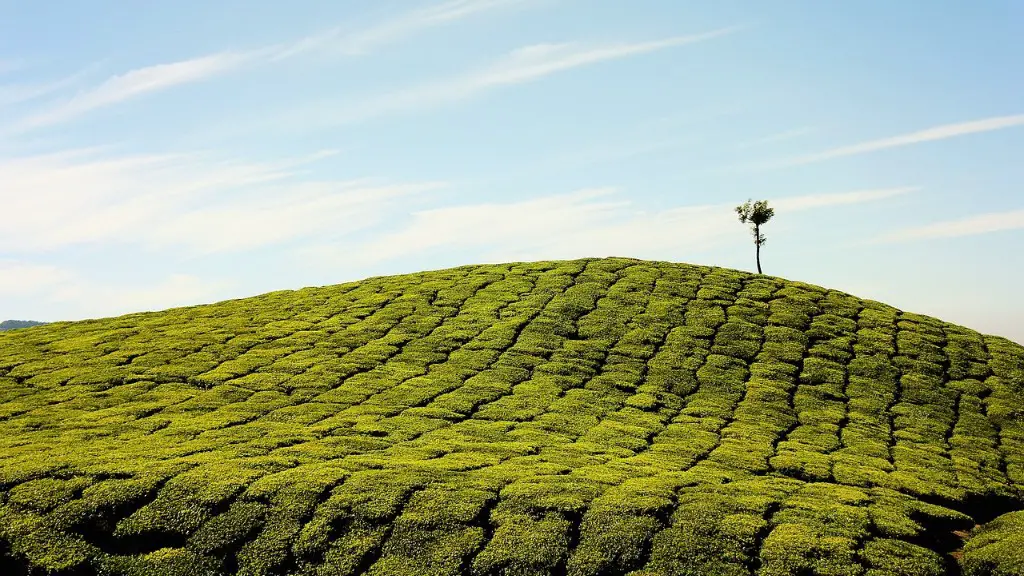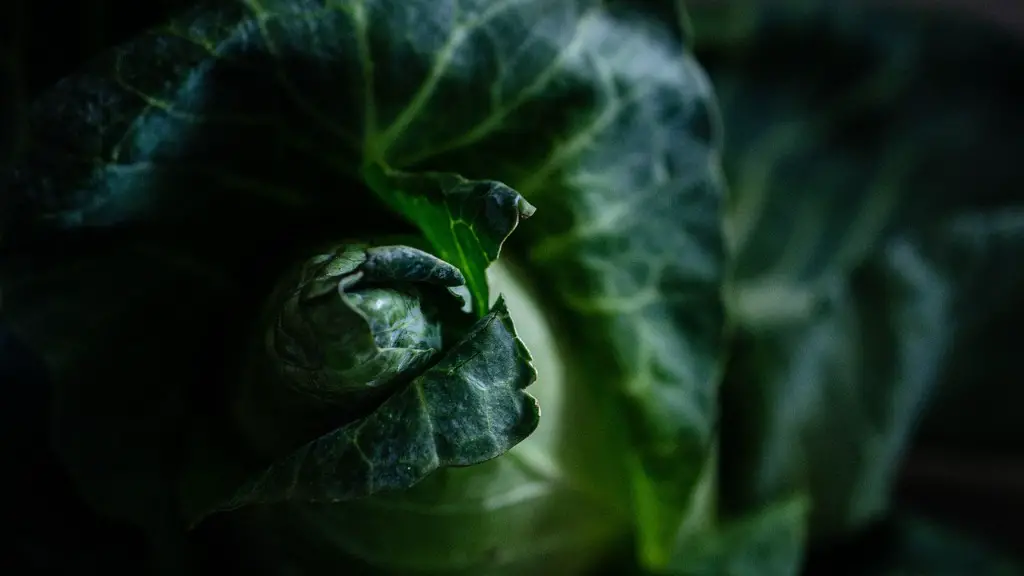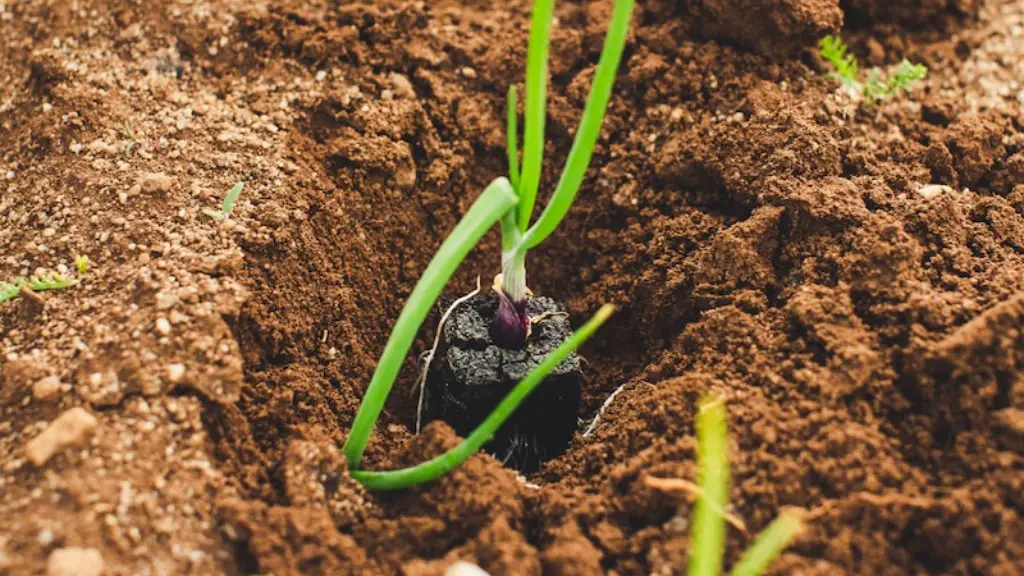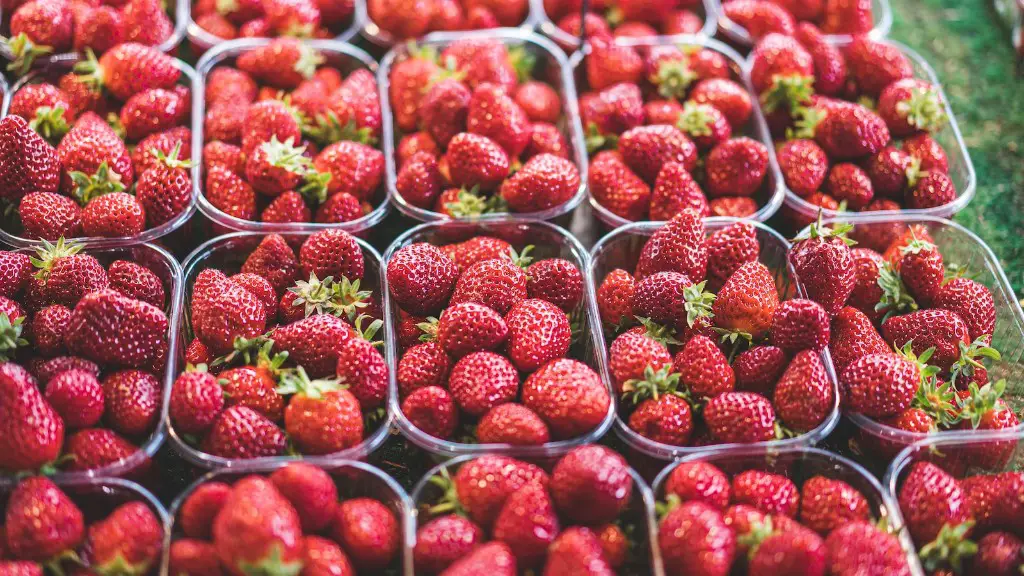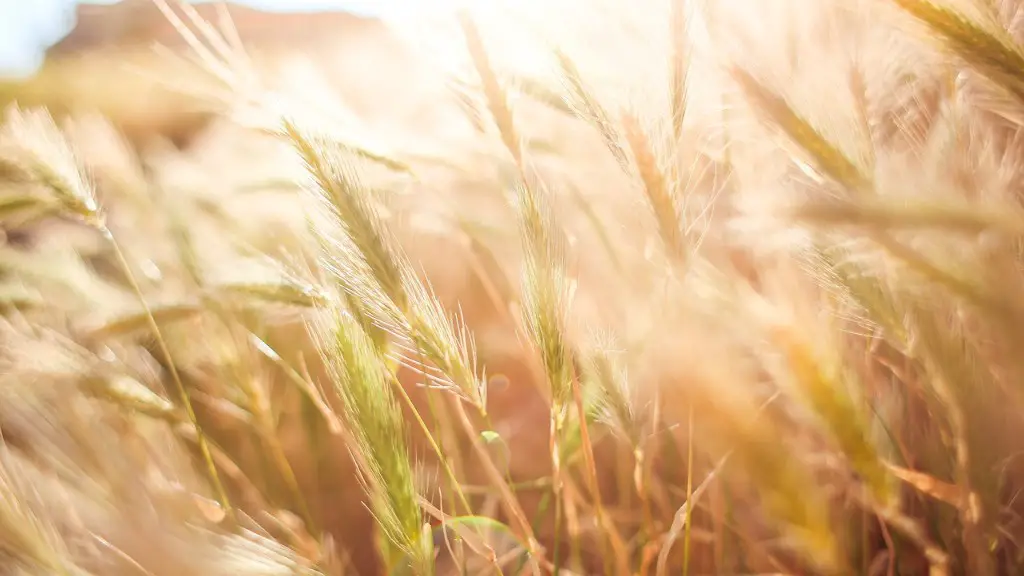Saudi Arabia is the world’s leading oil producer and exporter, and agriculture is an important part of the country’s economy. The government leases land for agriculture from individuals and companies, and the country’s climate and soil are suited for a variety of crops. Farmers in Saudi Arabia grow wheat, barley, vegetables, and fruits, and the government provides subsidies and loans to support the agricultural sector. The country is also a major producer of livestock, and dairy and poultry farming are important industries.
There is no definite answer to this question as it depends on numerous factors, such as the availability of land, the needs of the Saudi Arabian government, and the terms of any potential lease agreement. However, it is worth noting that the Saudi Arabian government has expressed interest in developing agricultural land within the country, so it is possible that they may lease land for this purpose in the future.
Why did Saudi Arabia buy 14000 acres of farmland?
The Middle Eastern kingdom is buying up farmland in the American Southwest in order to grow hay to feed its 170,000 cows. This is causing concern among some Americans who worry that the kingdom is taking advantage of the drought-stricken region.
Saudi Arabia’s Fondomonte has been on a land-buying spree in recent years, acquiring 30,000 acres of land in Argentina in 2012 and 10,000 acres of land in Arizona in 2014. In 2016, they added 1,700 acres in Blythe, California, just off the Colorado River, to their portfolio. While the prices they paid for these properties are not public, it is clear that the Saudi Arabian government is investing heavily in land in the American southwest.
Does Saudi Arabia own farmland in Arizona
Almarai has been in the spotlight recently for its involvement in the water crisis in Arizona. The company has been buying and leasing land across western Arizona since 2014, and its subsidiary Fondomonte has been accused of contributing to the water crisis. State politicians, water activists, and journalists have all been scrutinizing the company’s activities, and it has emerged as an unlikely antagonist in the crisis. Almarai has denied any wrongdoing, but the public scrutiny is likely to continue.
The Kingdom of Saudi Arabia is a major exporter of fruits and vegetables to its neighbors. Among its most productive crops are watermelon, grapes, citrus fruits, onions, squash and tomatoes. The high quality and quantity of these crops has made Saudi Arabia a major player in the international fruit and vegetable market. The country’s climate and soil conditions are ideal for growing a wide variety of fruits and vegetables, and the Saudi government is committed to investing in the agricultural sector in order to maintain its position as a leading exporter.
What countries own the most US farmland?
According to the US Department of Agriculture, of the 376 million acres of American agricultural land that is foreign owned, these countries own the deeds:
Canada — 32%
Netherlands — 13%
Italy — 7%
United Kingdom — 6%
Germany — 5%
China — 1%
It is important to note that this land is not necessarily used for farming, but could be used for other purposes such as grazing or recreation.
The Saudi company Fondomonte owns thousands of acres across Arizona and has expanded operations in Eastern California. The Arizona State Land Department, which leased the land to Fondomonte, refuses to disclose how much water Fondomonte is pumping, or whether the state would consider charging more for agricultural leases.
Fondomonte’s expansion into California has raised concerns among some locals about the company’s water usage. The state of Arizona does not currently charge agricultural leases differently based on the amount of water used, but that could change in the future if the state decides to start regulating Fondomonte’s water usage more closely.
Do the Saudis own Arizona water?
Mayes is critical of the deal, which was approved by the Arizona State Land Department in 2012 under then-Governor Jan Brewer. The deal granted a lease to the Saudi farm company to grow alfalfa on over two thousand acres of state-owned land in the county.
Mayes has said that she will work to repeal the deal, and has already begun investigating the matter. She has also vowed to take legal action against the Saudis if necessary.
The deal has come under fire from environmental groups, who say that the Saudi farm is sucking up groundwater at an unsustainable rate. They say that the farm is using far more water than was originally planned, and that the groundwater resources in the area are already strained.
Mayes has said that she is “deeply concerned” about the reports of water depletion, and that she will do everything in her power to protect Arizona’s water resources.
Saudi Arabia’s FDI in the United States has seen a significant decrease in recent years, falling from $62 billion in 2018 to just $0 in 2019. While the reasons for this decline are not entirely clear, it is likely due to a combination of factors including the overall slowdown in the Saudi economy and the kingdom’s ongoing feud with Qatar. Whatever the reasons, the decline in Saudi investment in the US is a cause for concern.
Can Americans own land in Saudi Arabia
It is important to note that foreigners are only allowed to purchase real estate with the approval of the licensing authority. This means that foreign investors cannot simply buy property for construction and investment without first obtaining the necessary approval. Additionally, ownership of property is forbidden in Mecca and Medina for foreigners.
As someone with a background in the military, it is concerning to see that China now owns farmland near strategic military installations in the US. This could potentially give them a foothold in these critical areas, and pose a threat to our national security. We must remain vigilant and monitor this situation closely.
How much land does Saudi Arabia own in California?
Saudi-based Almarai is the world’s largest dairy company and one of the largest food production companies in the world. It owns 15,000 acres of an irrigated valley in the United States.
Almarai’s business in the US is focused on producing high-quality food products for the US market. The company’s US operations are based in Colorado and Wyoming.
Almarai’s US operations are important to the company because they provide a significant source of revenue and help to diversify the company’s operations. The company’s US operations also help to reduce the company’s dependence on the Saudi Arabian market.
It is not clear how much water Fodomonte has pumped since taking over the land. However, given that the company has been granted permission to pump unlimited amounts of water, it is likely that they have been pumping a large amount of water. This is especially concerning given that the area is already facing water scarcity issues.
Why is farming not possible in Saudi Arabia
The lack of water has always been a major constraint on agriculture in Saudi Arabia. The kingdom has no lakes or rivers, and rainfall is slight and irregular over most of the country. This has led to cultivation occurring only in certain areas where water is available.
Agricultural land in Saudi Arabia represents a significant percentage of the country’s land area. In 2020, the World Bank reported that agricultural land in Saudi Arabia made up 8075% of the total land area. Saudi Arabia has a large agricultural sector and is one of the world’s leading producers of oilseeds, wheat, and barley. The Saudi government is supportive of the agricultural sector and has invested heavily in infrastructure and subsidies.
What country owns the most farmland?
It is interesting to note that although the United States has less than half the arable land of India, it is still ranked higher in terms of land use. This is likely due to the higher productivity of American farmland. Russia, meanwhile, has more than twice the arable land of the United States, but is ranked lower. This may be due to the fact that a large portion of Russian farmland is not suitable for agriculture.
The Emmerson family is one of the largest private landowners in the United States. Their company, Sierra Pacific Industries, owns and manages over 24 million acres of land, most of which is located in California. The family has been in the land business for generations and show no signs of slowing down. They are a prime example of the trend of large landowners consolidating their holdings in recent years.
How much US land is owned by Japan
According to the USDA, as of 2019, foreign investors controlled 426 percent of agricultural land in Nebraska, while 273 percent is controlled by New Zealand investors. The figures for Midwestern states are considerably smaller. For instance, foreign investors control 26 percent of agricultural land in Illinois and 16 percent in Iowa.
The population of agricultural producers in China is 75 times larger than the United States, but China has less than half the arable land available for farming. A typical US farm of 400–500 acres is equivalent to the total farmland for a 200-household village in China.
The Chinese government is trying to increase the amount of arable land by developing new land reclamation projects, but the amount of arable land per person in China is still significantly lower than in the United States. This means that Chinese farmers have to produce more food with less land, which can be a challenge.
Warp Up
There is no definitive answer to this question as it would depend on individual arrangements between Saudi Arabia and the entities involved. It is conceivable that Saudi Arabia could lease land for agricultural purposes, but further information would be required to say for certain.
Saudi Arabia leases land for agriculture from other countries in order to increase its own food production. This helps to ensure the country’s food security and provide jobs for its citizens. Saudi Arabia’s agriculture sector has grown significantly in recent years, and the country is now self-sufficient in many food crops.
